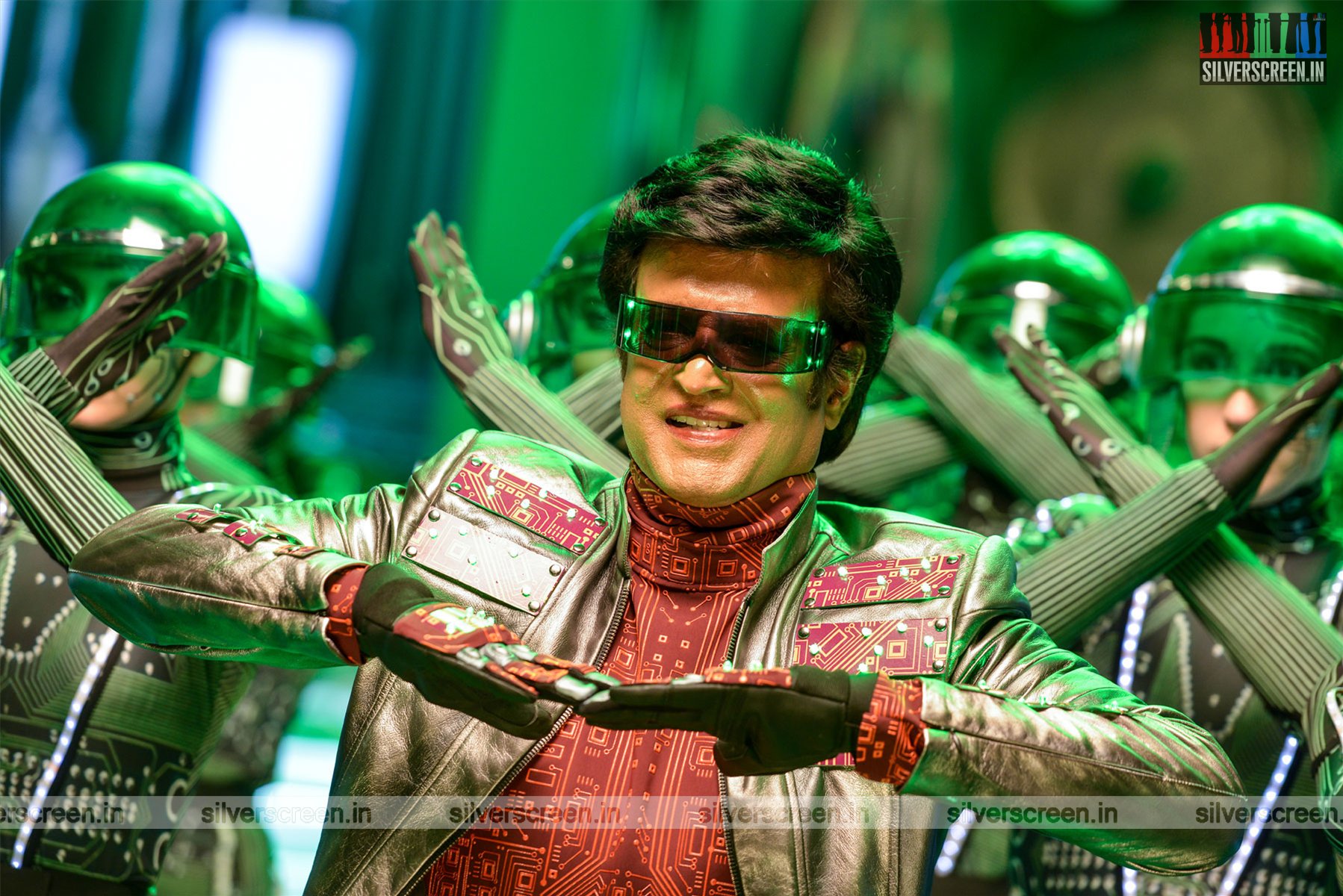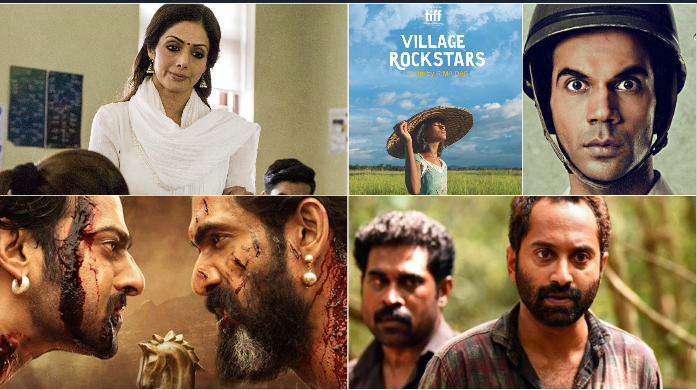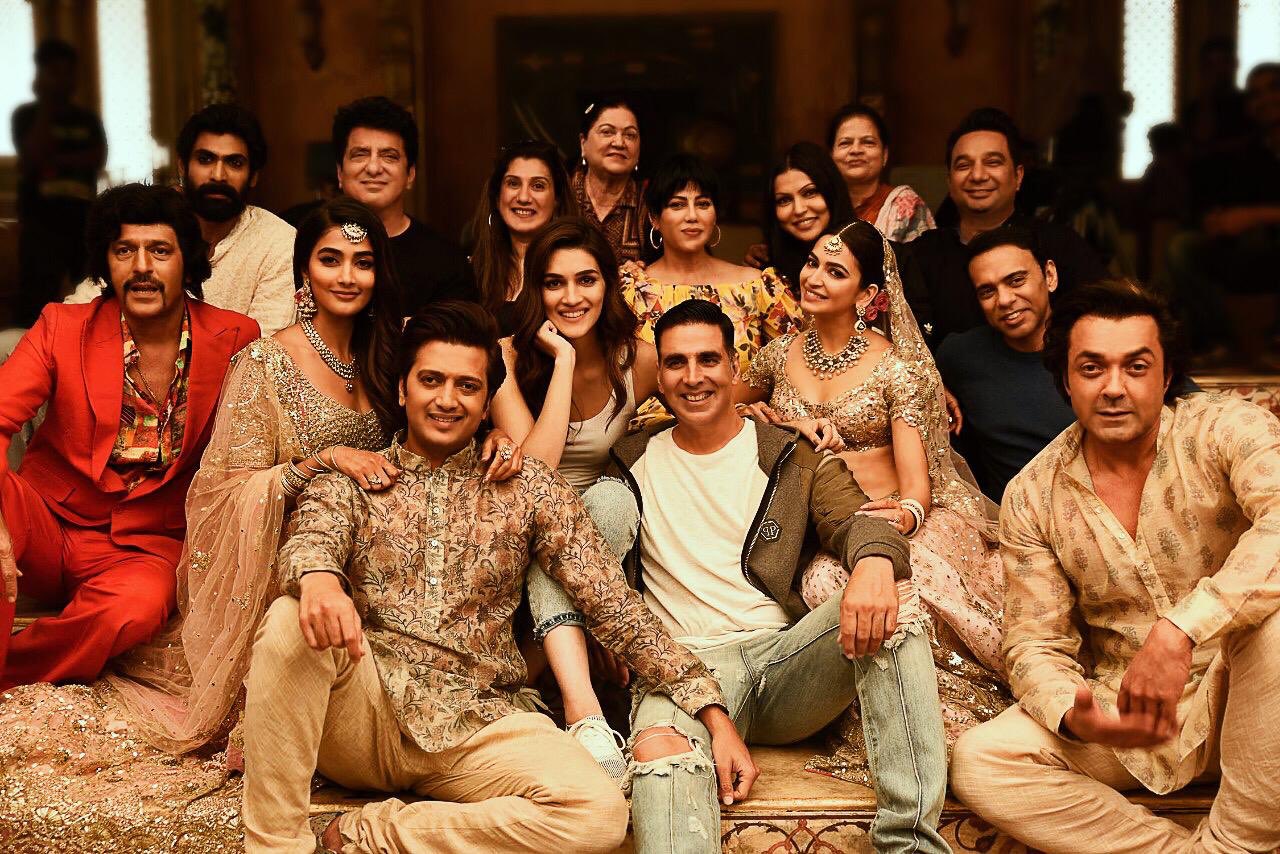Spoilers Ahead*
An old gravedigger, engrossed in his job in a church cemetery, dies suddenly; his face buried in the mud in the bottom of the grave he just dug. The church’s vicar, a grumpy man who wears power like an honorary symbol on his face, orders contemptuously that the dead man be buried in the same grave. Later, we see the gravedigger’s companion, a dog, lying still by the side of the sea unnoticed by anyone, as though accompanying his best friend to the other side. Both of them die as outcasts and orphans.
Death becomes a spectacle in Lijo Jose Pellissery’s latest film Ee Ma Yau (Jesus, Mary, Joseph) that proceeds through compelling images as this, of the many different ways in which people depart from this world. Written by veteran writer-scenarist PF Mathews, the film has traces of Ingmar Bergman’s The Seventh Seal, and Malayalam indie film, Shavam (Corpse). It happens over a night and the following day, and is centered on a funeral ceremony in an impoverished community of Latin Christians in Chellanam, a village by the sea. Most part of the film unfolds within and around a modest household. The chill and the gloom of death pervade the frames, mighty enough to invoke in the viewers a strange sense of claustrophobia.
Ee Ma Yau isn’t absolutely seamless. It has many rough edges that could leave a bad taste in your mouth. Some of the metaphors and symbols it inserts into the simple base plot jut out of the narrative. The frames are filled with interesting characters, many of whom do not get the space they deserve. Nevertheless, Ee Ma Yau is a thoroughly engaging work, perhaps the most fascinating film Lijo has ever attempted. He departs from his style of creating a peculiar space and time for the characters to dwell in, and masterfully places the characters in a realistic set up. The film is firmly rooted in the village with a unique subculture.
The most striking aspect of the film is its soundscape, meticulously designed by a team led by Renganaath Ravee. There is no background music (except for a few minutes). The sound of the wind, rain and the choppy sea, and the hustle of the village brilliantly oscillate between the foreground and background of the proceedings, creating an immersive cinematic experience. As compared to Lijo’s previous films, Ee Ma Yau is less showy. The village isn’t pretty or quaint, but a dingy place where it is difficult to turn dreams into reality. Shyju Khalid’s camerawork diligently follows the characters and chaos in the dead man’s house.
***
Vavachan (Kainakari Thangaraj), an old carpenter who lives the life of a drifter, returns home one night from one of his mysterious sojourns, with a cloth bag stuffed with things such as a live duck and a bundle of cash that is no longer in use. His ever-bickering wife Pennamma (Pouly Valsan), daughter Nisa, and level-headed daughter-in-law Sabeth (Arya) get into the business of making a duck curry while chalking out a plan to stop the man from drifting off again. The man drinks and chats merrily with his son Eeshi (Chemban Vinod), to whom he makes a wish for a royal funeral that the village would talk about forever. Eeshi agrees, and minutes later, the man collapses on the floor of his house and dies. The women folk break into a loud wail, while Eeshi stands aghast. The neighborhood gathers and starts preparing for a funeral, and then, Eeshi realises the weight of his responsibility. There isn’t enough money at home. The church has shunned them for they haven’t paid the monthly donation. Gradually, more complex problems arise, and the son realises painfully that not every human being can afford to have a hearty farewell from the earth.
Ee Ma Yau has the beauty of a novella, layered with subtexts and images. The use of traditional band music in the opening scene is stunning. It flows into the frame, accompanying the shot of a grand colourful funeral procession through the beach. In the following scene, you see Vavachan on the window seat of a bus, smiling, lost in a sweet dream. The two scenes are tied together, as though the procession is taking place in his head. In his dreams, Vavachan had imagined his funeral happening on a bright sunny day, but fate has another plans. As the movie proceeds, the noose around Eeshi’s neck tightens, and the weather in Chellanam goes from cloudy to stormy and rainy.
The film has a distinct sense of humour that it derives from the odd nature of human beings. Pennamma sits beside the corpse and wails musically, as though she is performing for the crowd at the funeral. Pouly Valsan’s performance is brutally hilarious. The man entrusted with the duty to give the corpse a final bath and make-up, decides to apply some talcum powder on himself first. Nisa’s young lover who comes to attend the funeral and console her, exploits the occasion to satiate his physical appetite, and Alby, a band player from the neighbourhood, half-heartedly plays a foul tune on his broken clarinet, affirming Eeshi’s worst fears. Lijo creates scenes that are funny yet unsettling.
Ee Ma Yau is where Lijo polishes the recurring theme in his films, the turbulent conflict between individual and the church, to its finest form. It was the pivotal plot point in his Amen, and it played out in the background in Angamaly Diaries. In Ee Ma Yau, faith is the strongest in unlikely characters such as Vavachan and the gravedigger, who live on the peripheries of the community. The church is, here, an apathetic institution that rules like a dictator over the financially and spiritually deprived village. It divides people into classes, and charts different norms and rules for each. There is the Vicar (Dileesh Pothan), who believes he is a man caught in the wrong profession. Instead of offering spiritual consolation to the kin of the dead, he gets down into the business of sleuthing, walking quietly around Vavachan’s house for clues to a possibility of a murder. He has the arrogance of a capitalist, mercilessly trampling on the proletarians. At the same time, we see stronger signs of wisdom in ordinary people such as Maleekh, a young Dalit man with long locks, who selflessly volunteers to organise the funeral, never losing his cool even in the face of the worst obstacles. Also, there is Ayyappan (Vinayakan), a Dalit Panchayat member, the best friend of Eeshi, who speaks for the living and the dead with equal compassion.
In one of the most telling scenes, a pastor and a parish clerk walk through the seashore at the crack of dawn. They pass by the gravedigger who is on his knees, hands folded, meditatively gazing at something invisible in the sky. “As though he saw an angel!” mocks the duo, who has in their hands the holy water, a cross and other religious symbols. It is a ruthless own-goal that points fingers back at the church, and makes you pose the never-to-be-uttered question, “Does the church really believe in God?”
***
The film starts off from Vavachan, but the focus is rarely on him. It casually tosses in clues about his personality every now and then, without being overbearing. The focus is on Eeshi, the hapless son who inherits the soul of his father. In a later scene, we see Eeshi eerily transforming into Vavachan; unconsciously assimilating the dead man’s burning desire. Chemban Vinod Jose portrays this character brilliantly, making it easy to empathise with him even in the final scenes where he undergoes a strange breakdown.
Lijo inserts several allegories, and some of them work marvellously. For instance, there is Lazar, whose presence in the film is almost synonymous of premonition. He lurks around like a shadow of death and gloom. Around the closing part, you see Eeshi fiercely guarding his father’s mortal remains from the several parties who come to claim it. The sequence ends with an array of close-up shots of men and women, staring at the corpse coldly, like vultures waiting to prey on a carcass.
Recommended
It is hard to explain the feeling that Ee Ma Yau evokes in its final moment. Does it make one less terrified about death? Unlikely. The abrupt tail end of the film only heightens the tension that the film had been conjuring up all along. It draws no conclusions, brings no closure to the conflicts, and makes no speeches. Instead, it just moves away from the village, leaving the characters in their miseries and crisis, as it must, for life has to go on. The highly restrained making of the film is several times ahead of Lijo’s Amen or Double Barrel. Ee Ma Yau could take Lijo a leap closer to the status of an auteur; of a filmmaker who chases unique images and stories that are popularly deemed insane.
***



